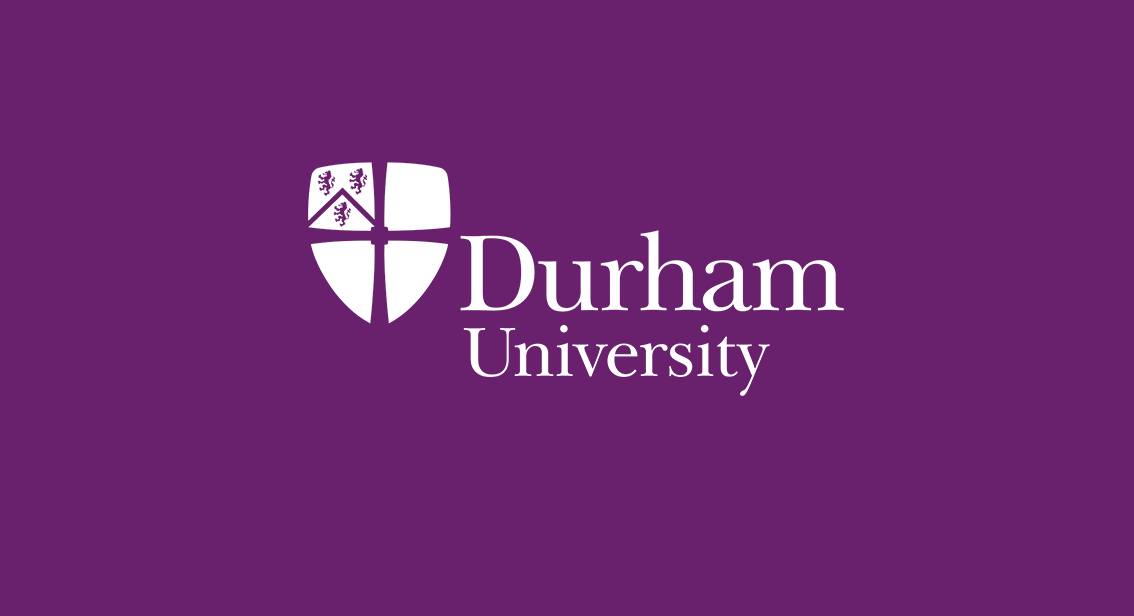
New MA Module to be taught by Prof. Pete Ward
Study Ecclesiology and Ethnography at Durham University
In recent debates the study of the Church has become central to many theological and missional conversations. Church here might be understood very broadly as any kind of Christian action in the world and in society. So it can include for instance worship and political engagement, or community life and artistic expression as well as theological concerns around ontology and institutional life. Whatever the field of interest a key issue remains how to speak theologically about the ongoing life of the Church in the present. This issue comes out of the historical and theological location of Church. This means that ecclesiology that is concerned with the contemporary Church requires both theology and empirical/social scientific approaches. This module takes this dynamic as it’s starting point and seeks to explore the boundaries and intersections between theology and empirical methods as they relate to the study of the life and expression of Christian communities.
Students will explore the current debates within the ecclesiology and ethnography conversation. The starting point will be a consideration of how the theological nature of the Church determines the limits and the possibilities of research. This will lead on to theories of culture and how theology and culture intersect in ecclesiology. This cultural and theological perspective will form the basis for a discussion of ordinary theology and lived religion in current thinking. There will be an introduction to critical realist perspectives and questions of inter-disciplinarity in theology. These approaches will be compared to the key theories concerning method in Practical Theology.
The underlying purpose of this module is to lay the groundwork for the methodological issues that need to form the basis for students who intend to work in an interdisciplinary way combining aspects of empirical research and theology in their dissertations. There will be space to explore research questions and reflexivity in relation to students own research topics.
The teaching for this module will be delivered in a blended and a distance mode. Lectures delivered onllne available through DUO. Students will be required to keep a log of their notes and reflections on each lecture. Each lecture will be supported by a seminar of 1.5hrs based on set readings and student reflections on the lectures. The seminars will take place weekly in Durham but students will also be able to participate at a distance using skype or another similar interactive platform